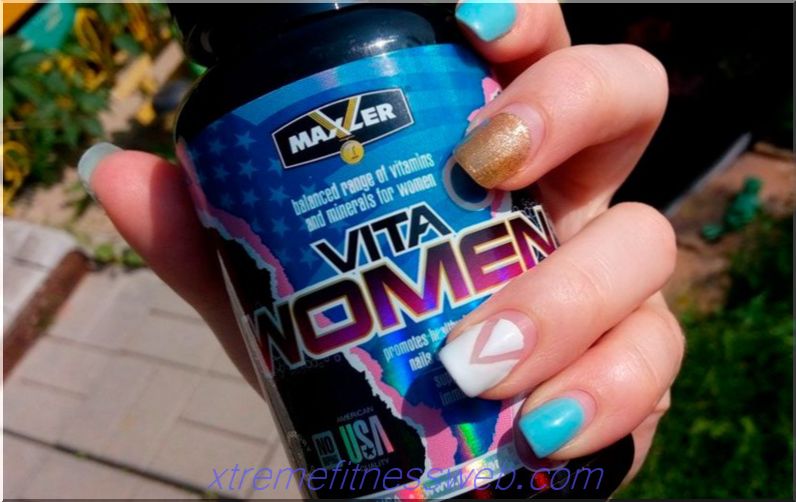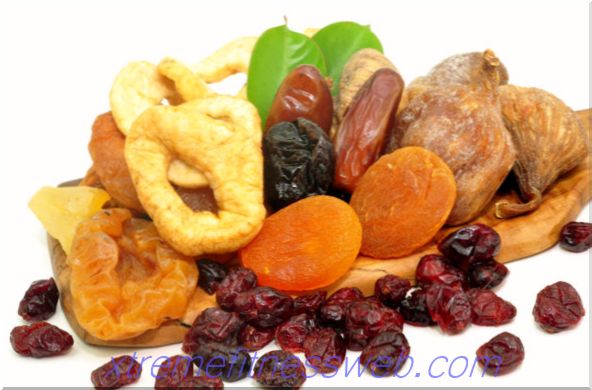
Vitamin B 15 in its pure form looks like a white crystalline powder, which has the ability to absorb water well. Back in the 50s of the last century, it was discovered by T. Tomiyama, a well-known biochemist, when he conducted research on bovine liver. Subsequent studies have found that this vitamin is found in rice seedlings, brewer's yeast and apricot kernels. This compound is also called pangamic acid (translated from Greek “pan” - “everything” and “gami” - “seed”), because, as it turned out, it is found in the seeds of many plants, that is, it is quite common in nature. But, as a rule, this acid is called a vitamin-like substance, and not a vitamin, due to the fact that a deficiency of B 15 in food consumed by people does not lead to irreversible consequences. In addition, in the scientific world, it is still unknown to synthesize pangamic acid in the body on its own or comes to us with food.
Content
- 1 Norm of consumption.
- 2 Functions of pangamic acid in the human body.
- 3 Where is vitamin B15 located?
- 4 Properties of vitamin B15 when mixed with other substances.
- 5 Vitamin B15
Consumption rate.
There is no exact information on the norm of the vitamin necessary for the human body during the day. But some reputable biochemists believe that each of us should take at least 2 mg of vitamin B 15 with food every day. People who lead an active lifestyle and tolerate sports activities need pangamic acid, as it provides good muscle tissue function. Vitamin B 15 is used to treat a certain number of diseases; its daily dose may exceed 100 mg. Pangamic acid, if desired, can be found in any pharmacy, a similar drug may have the name pangamic acid salt or calcium pangamate. By and large, any person who does not have health problems can use vitamin B 15 when eating, but before using calcium pangamate, you need to go through a medical consultation to know how many times, and in what quantity you can take this biologically active supplement.
The functions of pangamic acid in the human body.
Vitamin B 15 is involved in the regulation of the metabolism of fat and protein. It helps to synthesize substances that affect the normal functioning of organs and tissues of the human body, accelerates recovery processes after strong physical exertion and prolongs the life span of cells. Pangamic acid, with its normal supply in the body, supports the proper functioning of the adrenal glands and increases the secretion of hormones. It also prevents fatty degeneration of the liver and the emergence of atherosclerotic plaques, which clog the blood vessels. In addition, vitamin B 15 stabilizes blood cholesterol.
This connection is extremely important for people involved in professional sports. Pangamic acid helps in the fight against anoxia - oxygen starvation of the body. Performing physical activity, people use a large amount of energy, which in turn appears in the body during the oxidation of nutrients due to oxygen. Especially soon this process proceeds during long trainings and serious competitions. Oxygen in the blood, under such conditions, is consumed instantly and athletes may begin to have problems with the production of muscle energy due to its lack. People who are professionally involved in sports, faced with this factor, will not be able to do the right amount of exercise as part of any endurance competition, for heavyweights, such “starvation” will end with an inability to lift the necessary weights.
Pangamic acid perfectly helps to reduce the problems associated with oxygen starvation and helps to restart the work of muscle tissue as soon as possible. No wonder many eminent bodybuilders and triathletes claim that it is impossible to succeed without a healthy, vitamin-rich diet. Vitamin B 15 is one of the obligatory participants in the diet of any athlete.
Also, pangamic acid is one of the reasons for the synthesis of creatine and creatine phosphate. These substances take a decisive effect in the energy metabolism of cells. But at high sports loads, muscle tissues consume much more energy than usual, which leads to faster biochemical processes of the formation of creatine phosphate and creatine. For this reason, an athlete needs to include vitamin B 15 in his diet.
But pangamic acid is important not only for people subjecting their body to intense stress. It has long been known that the use of alcoholic beverages leads to damage to liver cells, and this organ is a natural filter that is given to a person to neutralize harmful substances. Vitamin B 15 protects this important organ from the harmful effects of alcohol fumes. And even if cirrhosis has already arrived, pangamic acid still acts as an auxiliary factor in neutralizing dangerous substances that enter the human body. Scientists have discovered the fact that vitamin B 15 helps to overcome alcohol addiction and even craving for certain drugs. Among other things, this necessary substance reduces headaches and nausea that appear in people with such an unpleasant thing as a "hangover".
In the processes that ensure the transmission of impulses between nerve fibers and body cells, choline takes part, this substance we need is synthesized also with the assistance of vitamin B 15 .
Having eliminated the deficiency of pangamic acid in their body, people feel much more cheerful and better. This vitamin is included in the content of many drugs that must be taken in pre-infarction and post-infarction conditions, chronic hepatitis, rheumatism, bronchial asthma, many skin diseases and poisonings. Moreover, pangamic acid has anti-inflammatory properties. This vitamin helps to expand the walls of blood vessels, so it is used in the fight against hypertension. For people with anorexia, nutritionists recommend taking calcium salt, which contains vitamin B 15 .
If you have decreased performance or you feel constant fatigue, this may indicate a decrease in pangamic acid in the body. The lack of this compound in food may result in the manifestation of cardiovascular diseases due to poor nutrition of cells with oxygen molecules. In addition, a vitamin deficiency can lead to a breakdown of the nervous system and poor functioning of the glands responsible for internal secretion. Maxim what awaits a person with an excess of pangamic acid in the body is insomnia, headache, palpitations and increased irritability, similar cases were found in older people. In general, an excess dose of vitamin perfectly leaves the human body on its own, without disastrous consequences for organs and tissues.

Where is vitamin B 15 .
As indicated above, pangamic acid is present in the seeds of many plants, that is, it is found in food products containing cereals, pumpkin, sesame seeds, brewer's yeast, apricot kernel, nuts, and liver. If you do not have such problems with the digestive system as impaired absorption of nutrients from the stomach, then additional nutrition of the body with vitamin B 15 is useless. He himself will receive all that he needs from food. The main thing is to constantly consume plant foods, they will help you provide yourself with a normal amount of vitamin, even if you feel a great need for pangamic acid.
Properties of vitamin B 15 when mixed with other substances.
First of all, pangamic acid is highly soluble in water. Also, vitamin B 15 neutralizes a certain list of substances negative for the body, interacting with them and helping to remove it from the body. Pangamic acid relieves side effects that can occur with an excess of aspirin in the body, protecting the organs of the stomach and adrenal glands. It is advised to be taken by many doctors at elevated dosages of sulfa drugs and antibiotics, which belong to the tetracycline series. When using vitamin B 15 with vitamins A and E, the effect of the compound on metabolism is enhanced. Pangamic acid when interacting with vitamin B12 affects the biochemical reactions that occur in the cells of the human body.
Vitamin B15







